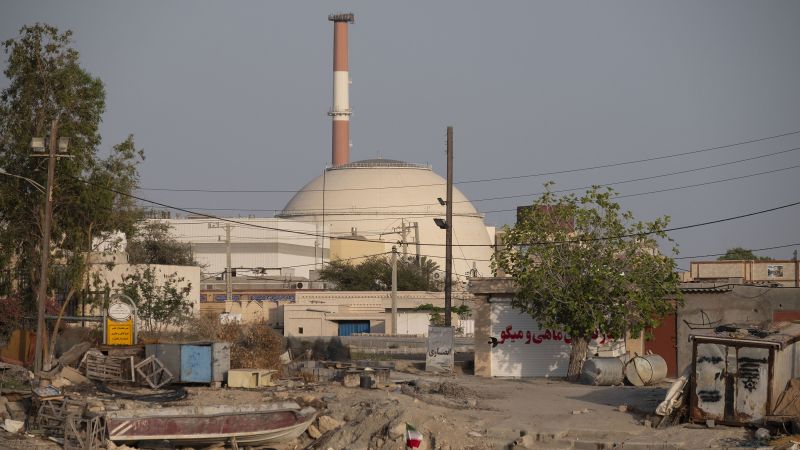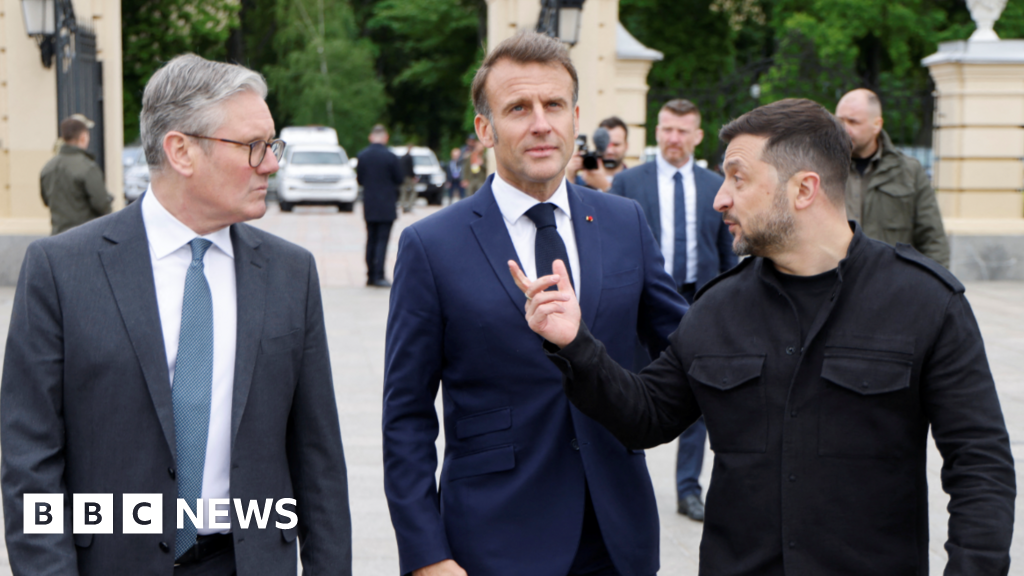India and China Unite Against Terrorism After Deadly Kashmir Attack: Doval's Firm Stance

Following a devastating terrorist attack in Pahalgam, Kashmir, India's National Security Advisor (NSA) Ajit Doval has reiterated that war is not India's preferred option while engaging in discussions with Chinese Foreign Minister Wang Yi. The attack, which resulted in significant casualties, has heightened tensions in the region and prompted swift responses from both Indian and Chinese officials.
Doval, speaking firmly, underscored the urgent need for robust counter-terrorism measures and reaffirmed India’s commitment to pursuing peace. He stressed that India remains resolute in its fight against terrorism and will not be deterred by such acts of violence. The NSA's statement signals a strong message to those who seek to destabilize the region through terrorism.
Chinese Foreign Minister Wang Yi echoed the condemnation of the attack, expressing his condolences to the victims and their families. He called upon both India and Pakistan to exercise restraint and prioritize dialogue as the primary means of resolving their outstanding disputes. Wang Yi’s plea reflects China's long-standing position advocating for peaceful resolution and regional stability.
The Pahalgam attack serves as a stark reminder of the persistent threat of terrorism in the region. It highlights the need for enhanced cooperation between nations to effectively combat this global challenge. While India maintains its commitment to peace, it also demonstrates its unwavering resolve to protect its citizens and sovereignty.
The Importance of Dialogue and Counter-Terrorism Efforts
The coordinated response from both Doval and Wang Yi underscores the growing recognition of the transnational nature of terrorism. While India is understandably focused on pursuing justice for the victims and preventing future attacks, the call for de-escalation and dialogue is crucial to avoid a further deterioration of relations with Pakistan.
Experts believe that a combination of robust counter-terrorism measures and sustained diplomatic efforts is essential for achieving long-term stability in the region. India's strong stance, coupled with China's call for restraint, creates an opportunity for constructive engagement and a renewed focus on addressing the root causes of terrorism.
Looking Ahead
The coming weeks will be critical in determining the trajectory of the situation. India is expected to continue its investigation into the attack and take necessary steps to enhance security measures. Simultaneously, diplomatic channels will remain open to engage with Pakistan and explore avenues for de-escalation and dialogue.
The international community, including China, has a vital role to play in supporting India's efforts to combat terrorism and promoting regional peace. Continued collaboration and a shared commitment to upholding international law are essential for creating a secure and stable South Asia.





